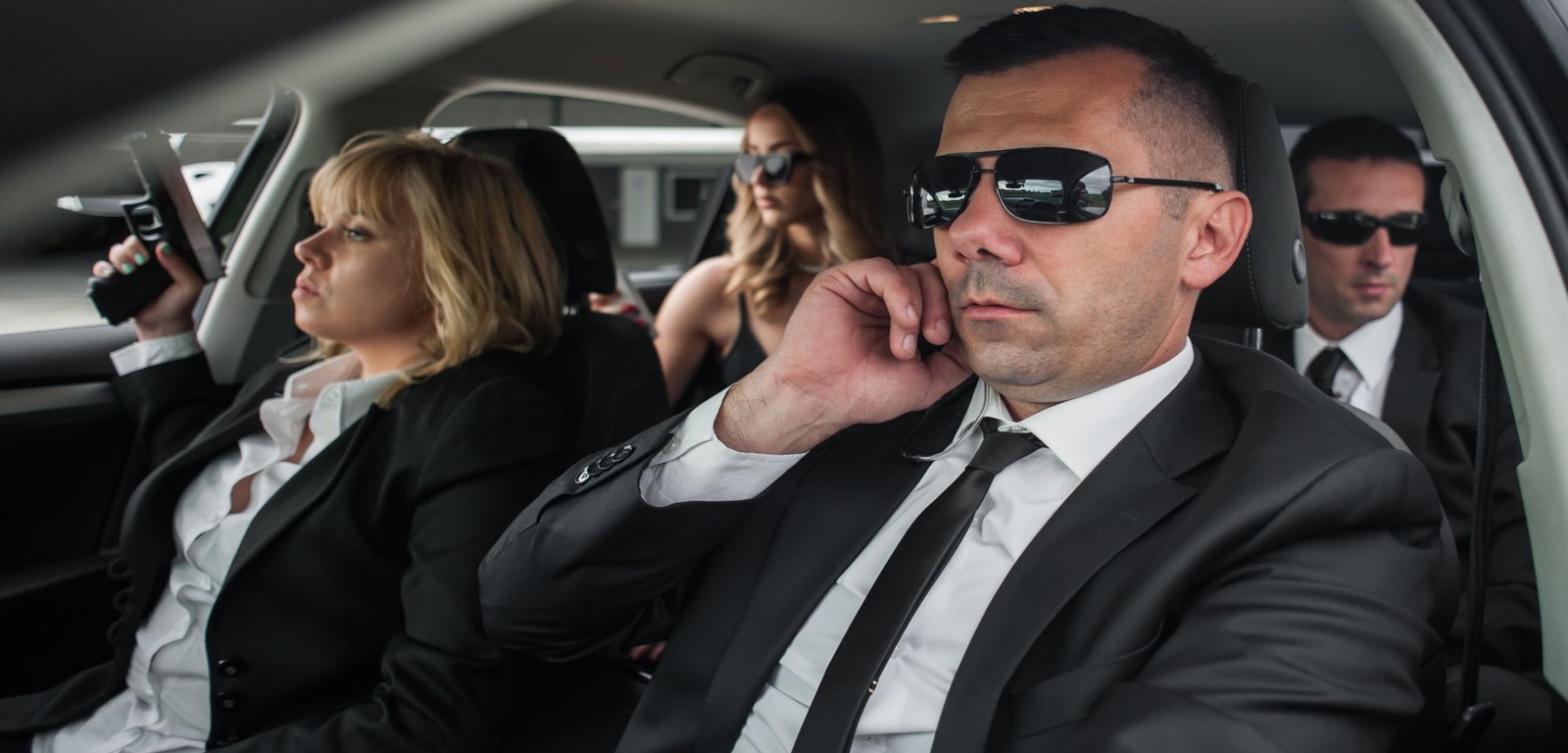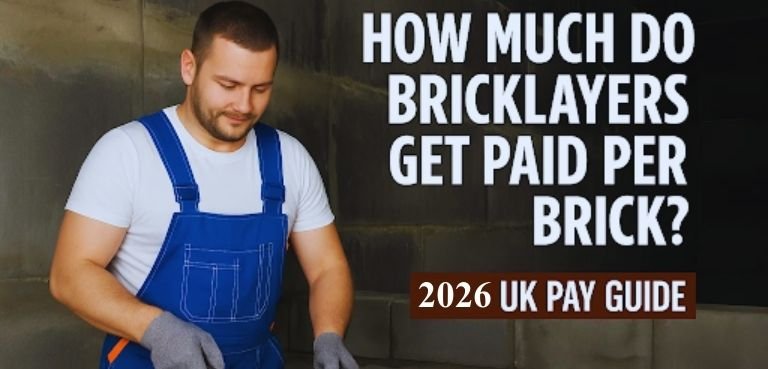No products in the cart.
Close protection, also known as executive protection or personal security, is a vital service that helps keep people safe from harm. But what exactly does close protection entail? Moreover, who needs this type of security, and why is it so critical in today’s world?
Let’s take a closer look at the key aspects of close protection and why it has become an essential service for many individuals and organisations.

Understanding Close Protection
Close protection, often referred to as bodyguard services, involves deploying security professionals to protect individuals from potential threats. These threats can range from physical harm to unwanted attention or even kidnapping. Therefore, close protection is not just about physical security; it also involves strategic planning and risk assessment to prevent incidents before they occur. Close protection officers (CPOs) are highly trained professionals specialising in personal security. They are skilled in various areas, including threat assessment, defensive driving, and emergency response. As a result, they are well-equipped to handle a wide range of situations that may arise during their duties.
The Role of Close Protection Officers
Close protection officers play a crucial role in the safety of their clients. Their responsibilities are diverse and can vary depending on the specific needs of the individual they are protecting. However, some common duties include:
- Risk Assessment: CPOs conduct thorough evaluations of potential threats to their clients. This involves analysing the client’s lifestyle, public exposure, and any known risks.
- Security Planning: Based on the risk assessment, CPOs develop detailed security plans. These plans include travel routes, secure locations, and emergency procedures.
- Personal Escorting: CPOs accompany their clients to various locations, ensuring their safety at all times. This may involve coordinating with local law enforcement or other security personnel.
- Surveillance and Monitoring: CPOs monitor the client’s surroundings for any suspicious activity. They use their training to identify potential threats and take appropriate action.
- Emergency Response: In the event of an incident, CPOs are prepared to respond quickly and effectively. They are trained in first aid, self-defence, and evacuation procedures.
Why Close Protection is Essential
In a world where public figures are constantly in the spotlight, close protection is more important than ever. High-profile individuals, such as celebrities, politicians, and business leaders, often face unique security challenges. Thus, close protection gives them peace of mind, allowing them to focus on their personal and professional lives without worrying about their safety. Moreover, close protection is not limited to high-profile individuals. Many companies also employ close protection services to safeguard their executives and employees during business trips or in high-risk environments. Therefore, the demand for skilled CPOs continues to grow across various sectors.
The Skills and Training of Close Protection Officers
Close protection officers undergo rigorous training to prepare them for their roles. This training covers a wide range of skills, including:
- Threat Analysis: Identifying and assessing potential threats is a core component of CPO training. This involves learning about different types of threats and how to mitigate them.
- Defensive Driving: CPOs are trained in advanced driving techniques to ensure the safe transport of their clients. This includes evasive driving manoeuvres and route planning.
- Conflict Resolution: CPOs learn how to de-escalate tense situations and resolve conflicts without resorting to violence. This is crucial for maintaining a calm and safe environment.
- First Aid and Medical Training: CPOs are trained to provide first aid and basic medical assistance in emergencies. This can be lifesaving in situations where medical help is not immediately available.
- Physical Fitness and Self-Defence: Maintaining physical fitness is essential for CPOs, as their job may require physical intervention. Self-defence training ensures they can protect themselves and their clients if necessary.

Choosing the Right Close Protection Service
When selecting a close protection service, it’s important to consider several factors to ensure the safety and security of the individual in need. Here are some key considerations:
- Experience and Reputation: Look for a service with a proven track record and positive client reviews. Experienced CPOs are more likely to handle complex situations effectively.
- Customisation: Choose a service that offers tailored security plans to meet the specific needs of the client. This ensures that all potential risks are addressed.
- Training and Certification: Ensure that the CPOs are properly trained and certified. This guarantees that they have the necessary skills and knowledge to provide effective protection.
- Communication: Effective communication between the client and the CPOs is essential for a successful security operation. Choose a service that prioritises clear and open communication.
The Future of Close Protection
As the world continues to change, so does the field of close protection. Technological advancements are playing an increasingly important role in enhancing security measures. For instance, the use of surveillance technology, such as drones and CCTV, allows CPOs to monitor environments more effectively. Additionally, the integration of artificial intelligence in threat analysis is helping to predict and prevent potential security breaches. Furthermore, the globalisation of business and travel means that close protection services are needed in more locations around the world. As a result, CPOs must be adaptable and culturally aware to provide effective protection in diverse environments.
Conclusion
Close protection is a vital service that ensures the safety and security of individuals who may be at risk. By understanding what close protection is and the role of close protection officers, we can appreciate the importance of this specialised field. As the demand for close protection continues to grow, so does the need for skilled professionals who can provide reliable security.
Whether for high-profile individuals or corporate executives, close protection offers peace of mind and allows individuals to focus on their lives without the constant worry of potential threats.






